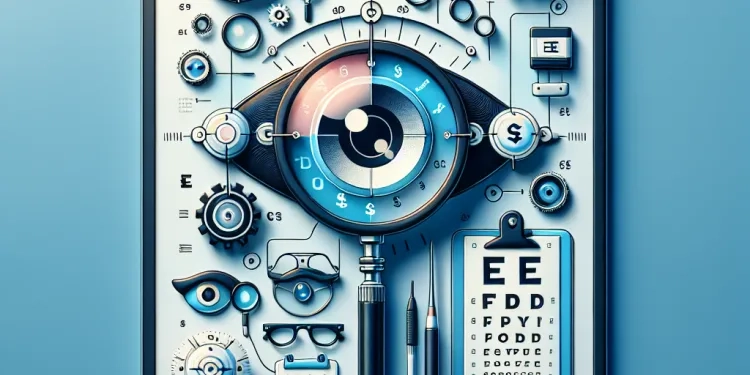
Find Help
More Items From Ergsy search
-

What are the limitations of self-testing for eyes?
Relevance: 100%
-

What is self-testing for eye patients?
Relevance: 80%
-
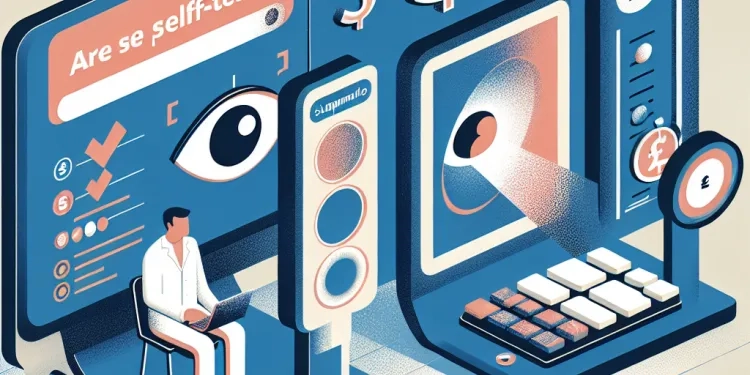
Are self-tests a substitute for professional eye exams?
Relevance: 76%
-

Can self-testing detect all eye conditions?
Relevance: 76%
-

How often should I self-test my eyes?
Relevance: 73%
-
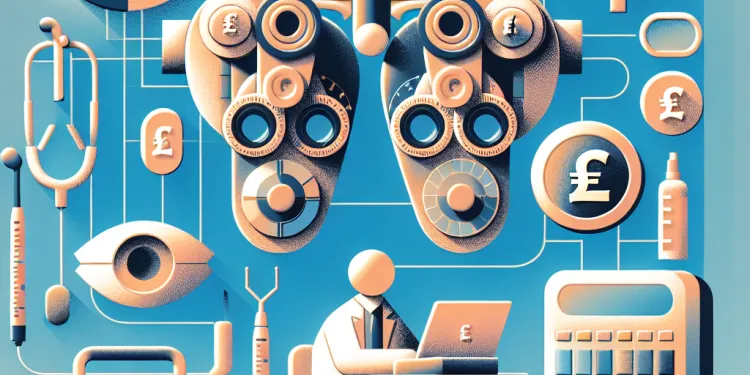
Should I share the results of my self-tests with my eye doctor?
Relevance: 73%
-

Why would someone need to self-test their eyes?
Relevance: 70%
-
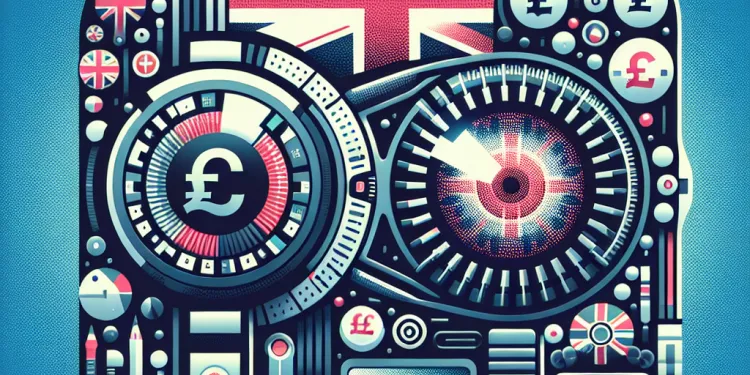
Do I need any special equipment for eye self-testing?
Relevance: 69%
-

What types of self-tests are available for eye patients?
Relevance: 67%
-

Can I use a smartphone for self-testing my eyes?
Relevance: 63%
-
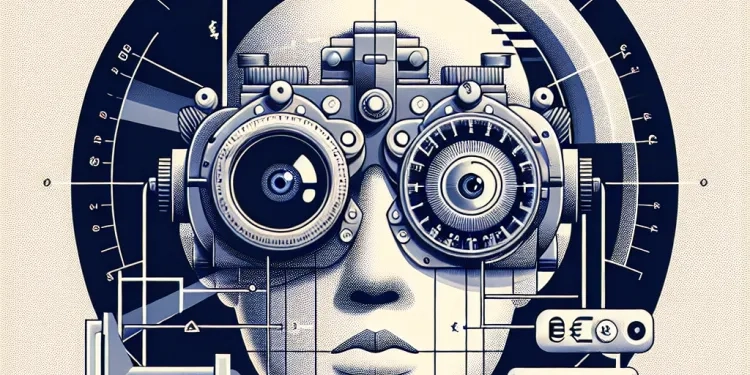
Are there any self-tests for eye pressure?
Relevance: 62%
-
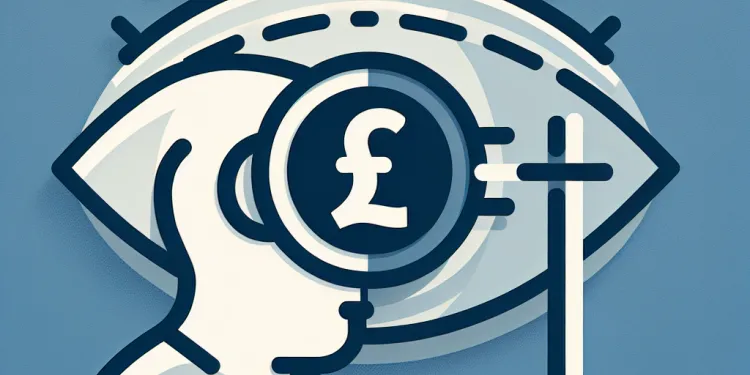
How does self testing for eye patients work?
Relevance: 58%
-
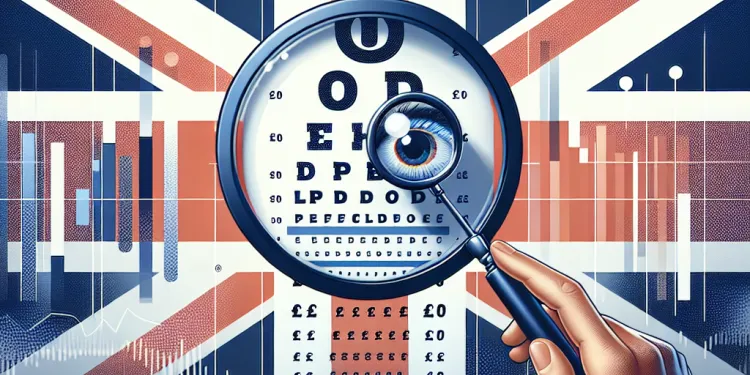
How do I use a vision chart for self-testing?
Relevance: 53%
-

Where can I find reliable self-testing tools for my eyes?
Relevance: 49%
-

Is it possible for self-tests to cause harm?
Relevance: 48%
-
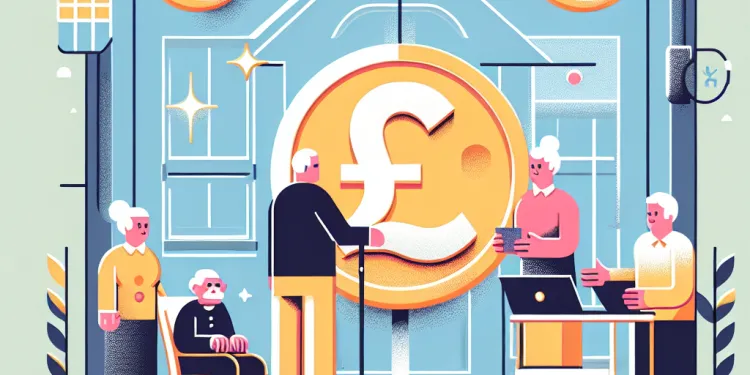
What age groups can benefit from self-testing?
Relevance: 42%
-

What should I do if I notice changes during self-testing?
Relevance: 42%
-
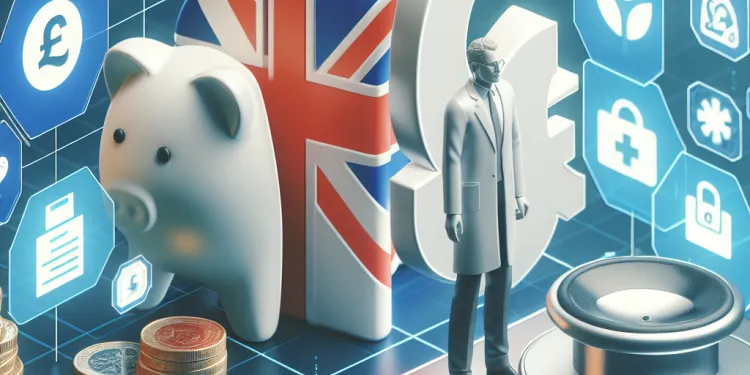
Do insurance plans cover the cost of self-testing tools?
Relevance: 41%
-
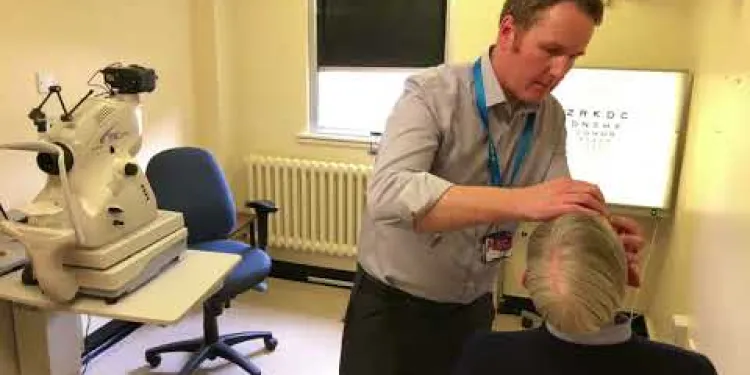
Derbyshire Diabetic Eye Screening - Diabetic Eye Screening
Relevance: 34%
-
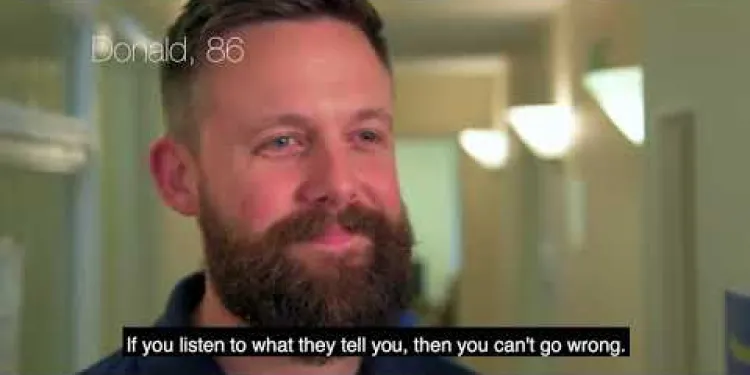
Diabetes Eye Screening
Relevance: 33%
-
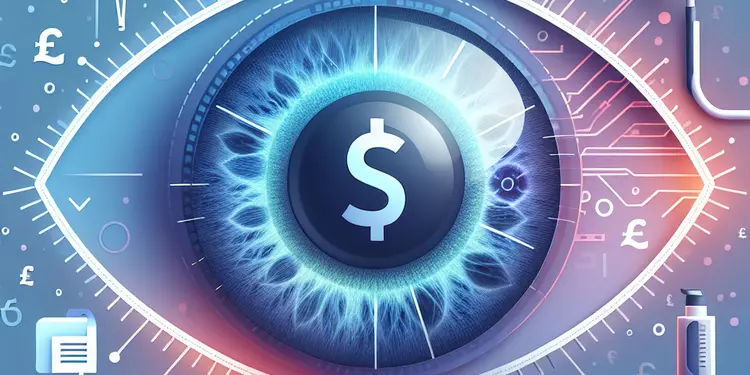
What is hypotony in the eye?
Relevance: 33%
-
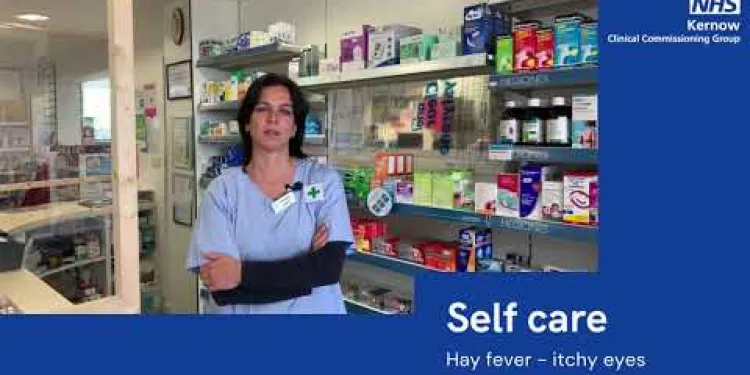
Self care - hay fever itchy eyes
Relevance: 31%
-

Can self-testing help me track my prescription changes?
Relevance: 31%
-
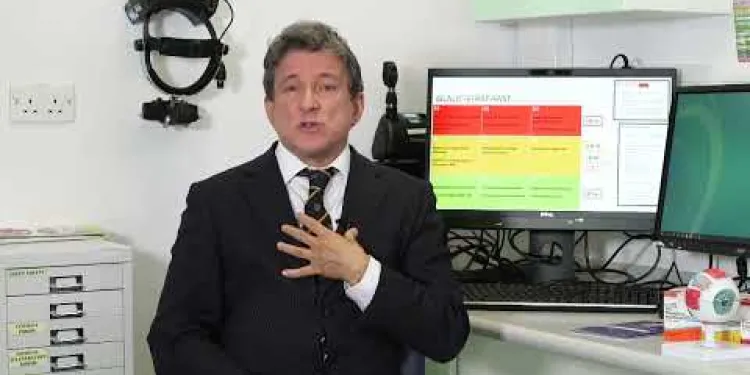
Glaucoma: general side effects of eye drops
Relevance: 31%
-
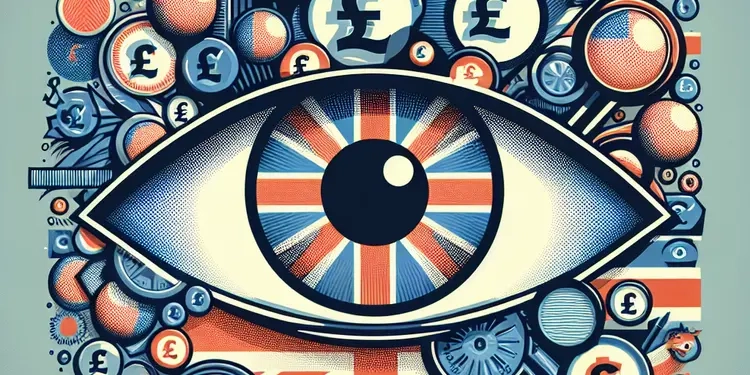
What is the eye condition hypotony?
Relevance: 30%
-
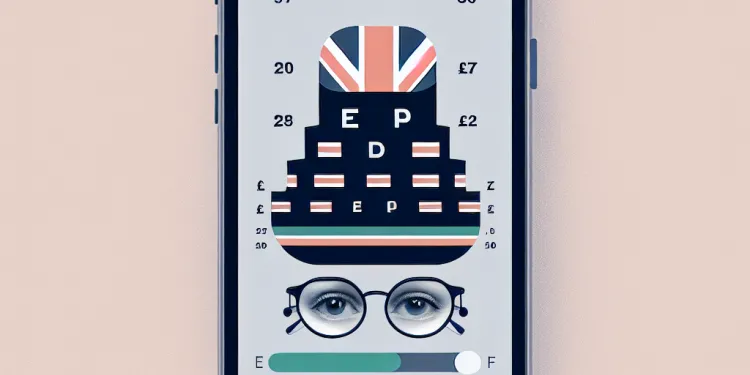
How accurate are app-based eye tests?
Relevance: 30%
-
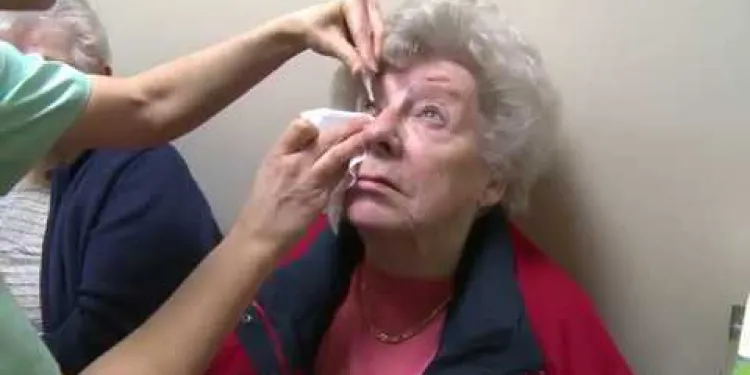
Eye Injections at Royal Bournemouth Hospital
Relevance: 30%
-

Eye Injections at Royal Bournemouth Hospital
Relevance: 30%
-
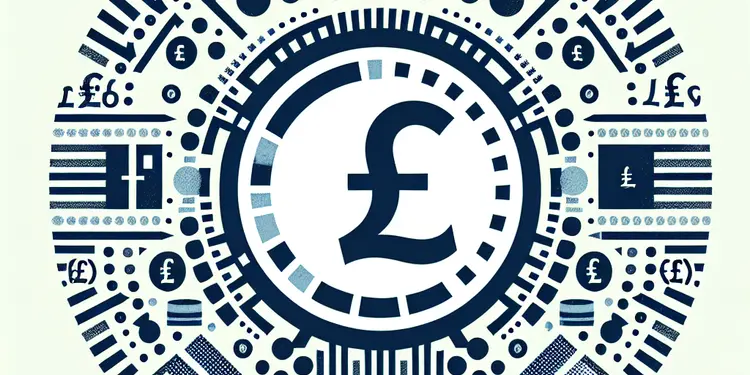
Can hypotony occur in both eyes?
Relevance: 30%
-
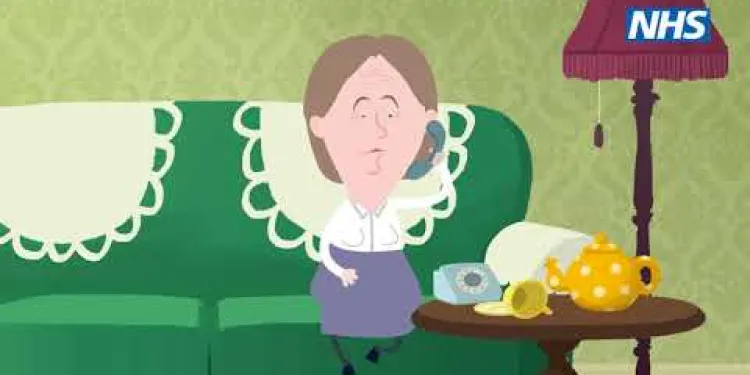
West Midlands LEHN Animated Video on Eye Health
Relevance: 28%
-
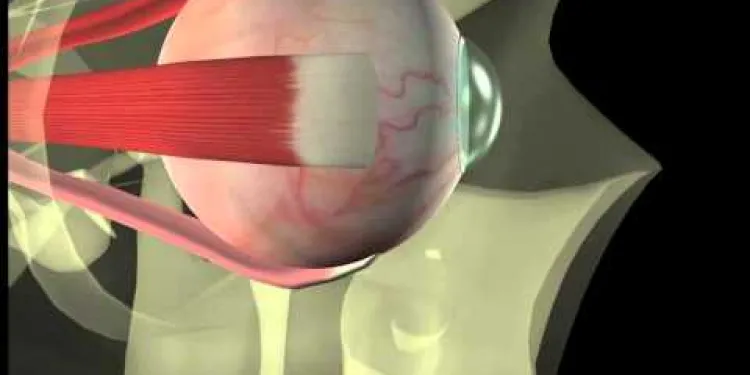
Thyroid eye disease. Squint surgery - The operation
Relevance: 28%
-
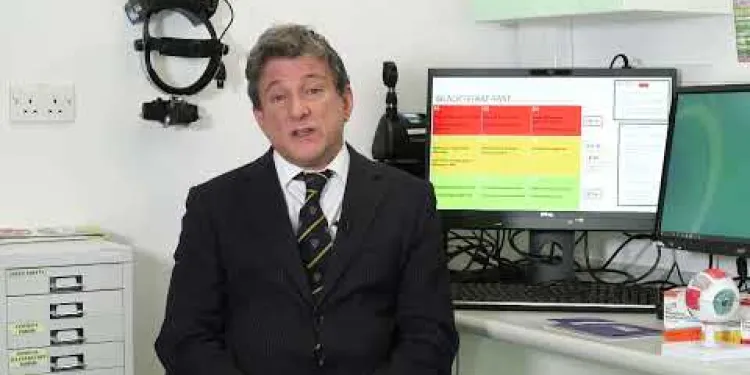
Glaucoma: how often should i take my eye drops?
Relevance: 28%
-
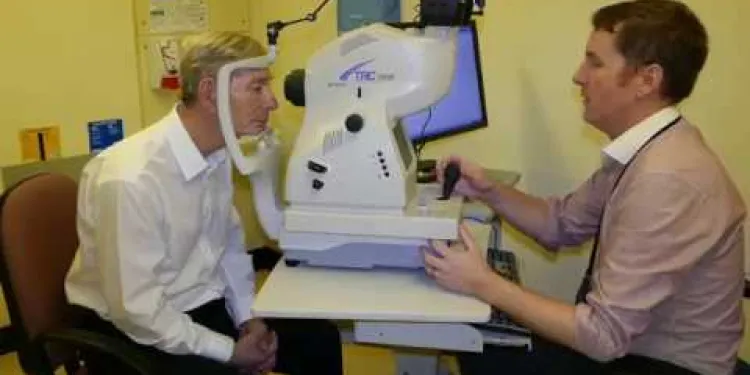
Derbyshire Diabetic Eye Screening - Your Screening Appointment
Relevance: 28%
-
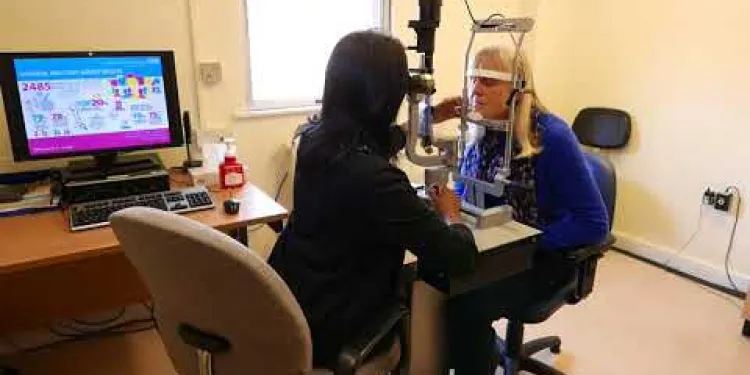
Derbyshire Diabetic Eye Screening - Assessment Clinic Appointment
Relevance: 28%
-

North Yorkshire Diabetic Eye Screening Programme - A day in the life
Relevance: 26%
-

What is a balance transfer credit limit?
Relevance: 25%
-

Is there a limit on how much cashback I can earn?
Relevance: 24%
-

What happens if I exceed the ISA contribution limit?
Relevance: 24%
-
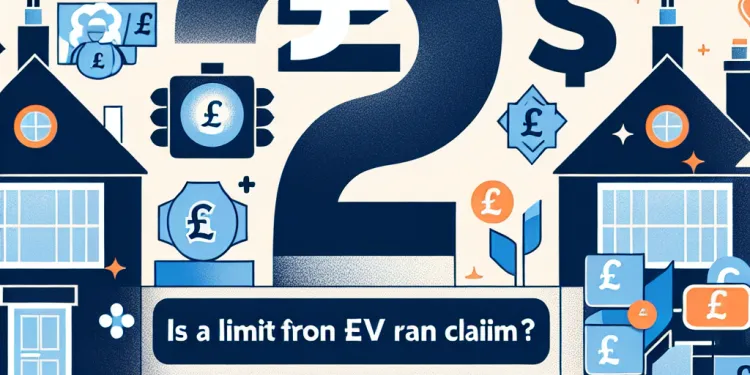
Is there a limit to how many EV grants I can claim?
Relevance: 24%
-
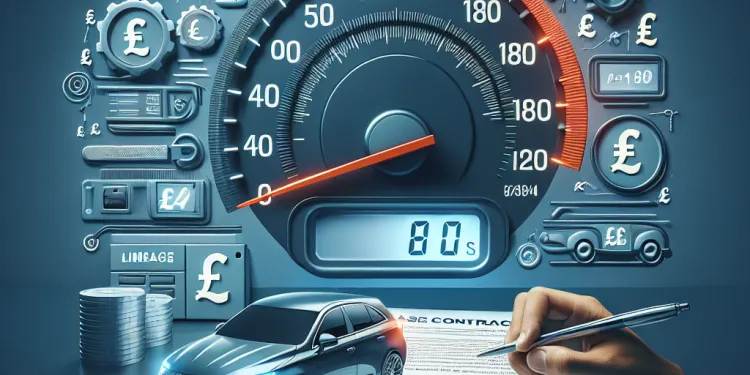
What happens if I exceed the mileage limit on a lease?
Relevance: 24%
Understanding the Limitations of Self-Testing for Eyes
As digital health tools become increasingly popular, many individuals in the UK are turning to self-testing methods to monitor their eye health. While these tests offer convenience, they come with several limitations that must be understood to ensure optimal eye care. Here, we explore the main drawbacks of relying solely on self-testing for assessing eye health.
Accuracy and Reliability
Self-testing tools for eyes, such as online vision tests and mobile apps, often lack the precision and accuracy of professional examinations. The environment in which self-tests are conducted can vary greatly, and factors like lighting conditions, screen resolution, and the quality of the testing device can significantly influence results. Moreover, without standardization across devices and platforms, the reliability of these tests can be inconsistent, leading to potential misinterpretations of one’s visual health.
Comprehensive Assessment Limitations
Professional eye exams conducted by optometrists or ophthalmologists encompass a wide range of assessments, including visual acuity, eye health evaluations, and checks for underlying conditions like glaucoma or cataracts. Self-tests usually focus on specific aspects, such as visual acuity, and may not detect symptoms of more complex issues. Consequently, relying solely on self-testing could result in missed diagnoses of serious eye conditions that require professional intervention.
Lack of Expertise and Guidance
Self-testing does not offer the expert interpretation and advice that come with a professional eye examination. Optometrists provide tailored advice based on the comprehensive results of various tests, addressing individual eye health needs and lifestyle factors. Without professional guidance, individuals may not fully understand test outcomes or the necessary steps for treatment and preventive care, potentially leading to inappropriate self-management of any detected issues.
Delay in Professional Consultation
Another significant limitation of self-testing is the possibility of delaying professional medical consultation. Individuals may become reassured by imperfect self-test results and postpone or forego a necessary visit to an eye care professional. This delay could exacerbate untreated conditions, diminishing the effectiveness of treatments when they are eventually sought.
Psychological and Emotional Impact
Relying solely on self-test results can lead to anxiety and stress, particularly if users misinterpret the outcomes or encounter unexpected findings. The absence of immediate professional reassurance can exacerbate these anxieties, leading individuals to unnecessary worry or even incorrect self-diagnosis and treatment attempts.
Conclusion
Self-testing for eyes can serve as a convenient preliminary step in monitoring vision but should not replace professional eye care. Understanding these limitations emphasizes the importance of regular comprehensive eye examinations with qualified professionals to ensure accurate diagnosis, effective treatment, and overall visual health maintenance.
Understanding Self-Testing for Eyes
Many people in the UK use self-testing to check their eyes. These tests can be easy to use, but they have some problems. It is important to know these problems so you can take good care of your eyes. Let's look at the main problems with self-testing for eyes.
Problems with Test Accuracy
Self-tests for eyes, like online tests and apps, are not as accurate as going to an eye doctor. The results can change depending on things like light, screen quality, and the device you use. Because of these changes, the test results may not always be right. This can lead to misunderstandings about your eye health.
Limits of Self-Testing
Eye doctors do many kinds of tests to check your eyes. They check how well you see and look for health problems like glaucoma or cataracts. Self-tests usually only check one thing, like how well you see. They might miss other important problems. Relying only on self-tests can mean you miss serious eye issues that need a doctor.
No Expert Help
Using self-tests means you don't get advice from an eye doctor. Eye doctors can give you advice based on many tests. They can help you based on your individual needs. Without this advice, you might not understand your test results completely. You might also not know what to do next or how to take care of your eyes properly.
Waiting Too Long to See a Doctor
If you only use self-tests, you might wait too long to see an eye doctor. If you think the self-test is enough, you might not visit the doctor when you need to. Waiting too long can make eye problems worse and treatments less effective later on.
Stress and Worry
Relying only on self-tests can make you worried and stressed. You might not understand the results or find something unexpected. Without a doctor to explain things, you might worry too much or try to fix things on your own, which can be wrong or unhelpful.
Conclusion
Self-tests for eyes are a simple start for checking your vision. But they should not replace seeing an eye doctor. Knowing these limits shows how important it is to have regular eye exams with a professional. This will help make sure you get the right diagnosis, treatment, and keep your eyes healthy.
Frequently Asked Questions
What are the limitations of self-testing for eye conditions?
Self-testing may not detect all eye conditions and cannot replace a comprehensive eye examination by a professional.
Can self-testing accurately diagnose eye diseases?
No, self-testing cannot accurately diagnose eye diseases; it can only identify potential issues that require professional evaluation.
Are there any risks associated with self-testing for eyes?
Yes, relying on self-testing might delay professional diagnosis and treatment, potentially worsening eye conditions.
Is the technology for eye self-testing fully reliable?
The technology used in self-testing is improving, but it is not as reliable as professional equipment used by eye specialists.
What are some common inaccuracies in self-eye tests?
Self-eye tests can produce inaccuracies due to lighting conditions, user error, or poor understanding of the testing process.
Can self-testing detect all types of vision problems?
No, self-testing is limited and may not detect certain vision problems such as subtle refractive errors or early signs of eye diseases.
Why can't self-eye tests replace regular eye exams?
Self-eye tests cannot replace regular eye exams because they lack the comprehensive assessments and expertise provided by eye care professionals.
Are self-testing results always conclusive?
No, self-testing results are not always conclusive and should be verified by an eye care professional for accurate diagnosis.
What should you do if a self-test indicates a potential eye issue?
If a self-test indicates a potential eye issue, it is important to consult an eye care professional for further examination and guidance.
Can self-testing determine the correct prescription for glasses or contact lenses?
Self-testing cannot determine the precise prescription needed for corrective lenses; a professional eye exam is necessary for accurate results.
Is self-testing suitable for monitoring existing eye conditions?
Self-testing may provide some insight but is not suitable for monitoring existing eye conditions that require professional oversight.
How often should self-tests be supplemented by professional eye exams?
Regardless of self-testing, regular professional eye exams are recommended every 1-2 years, or more often if advised by an eye doctor.
Do self-tests cover peripheral vision assessment?
Most self-tests do not adequately assess peripheral vision, which can be crucial for diagnosing certain eye conditions.
Could self-testing lead to overconfidence in eye health?
Yes, self-testing could lead to overconfidence in eye health, potentially causing individuals to overlook the need for regular professional check-ups.
Are self-tests for the eyes cost-effective in the long run?
While self-tests may seem cost-effective, they cannot replace the value of comprehensive exams, which helps prevent long-term eye health costs.
Can children accurately self-test their eyesight?
Children may not perform self-tests accurately due to limited understanding and should have their eyes checked by professionals.
Is self-testing a reliable option for people with a history of eye problems?
People with a history of eye problems should rely on professional care rather than self-testing for their eye health management.
What features of eye health do self-tests most often miss?
Self-tests often miss features such as detailed retinal health, intraocular pressure, and early cataract development.
Can self-tests for eyes accommodate all age groups effectively?
Self-tests are not a one-size-fits-all solution and may not adapt well to the needs of all age groups, particularly young children and the elderly.
Do self-tests provide any training or instructions for proper use?
Some self-tests provide instructions, but improper use due to lack of professional guidance can lead to unreliable results.
What can't you do with eye tests you do yourself?
Checking your eyes by yourself might not find all eye problems. It's important to visit an eye doctor to check your eyes properly.
Can I test my own eyes to find eye problems?
No, you can't tell if you have an eye disease by testing yourself. You can only see if something might be wrong. If you feel something might be wrong, you should go to a doctor.
Is checking your own eyes risky?
Yes, testing your eyes by yourself can make it take longer to see a doctor. This might make eye problems worse.
Can you always trust eye tests you do yourself?
Self-testing technology is getting better. But it's not as good as the tools that eye doctors use.
What mistakes do people make when testing their own eyes?
Testing your own eyes might not be right because of bad lighting, mistakes, or not knowing how to do the test properly.
Can tests you do yourself find all eye problems?
No, they can't. Tests you do yourself can help, but they might not find everything. It's important to see an eye doctor. An eye doctor can do special tests to check your eyes.
If you have trouble reading, ask someone to help you. You can also use tools like audiobooks or screen readers.
No, testing your eyes by yourself does not always work. It might miss some eye problems like small changes in how you see things or early signs of eye sickness.
For better help, see an eye doctor. They have special tools to check your eyes.
You can also try using a magnifying glass or reading glasses to help you see better.
Remember to take breaks when you look at screens for a long time. Blink often to keep your eyes comfy.
Why can't you use 'do-it-yourself' eye tests instead of visiting the eye doctor?
It's important to have regular eye check-ups with an eye doctor. Here’s why 'do-it-yourself' eye tests are not enough:
- More than just seeing clearly: Eye doctors check for other eye problems. Home tests can't do this.
- Making sure your eyes are healthy: Regular check-ups help keep your eyes healthy.
- Finding problems early: Doctors can find issues before they become serious.
- Right glasses or contact lenses: Only a doctor can tell if your glasses or contacts are correct for you.
Ask a family member to help or use software that reads text out loud if you find reading hard.
Doing your own eye test at home is not as good as going to the eye doctor. The eye doctor can check your eyes in a much better way because they know a lot about eyes.
Do self-test results always give clear answers?
No, self-test results are not always correct. It is important to see an eye doctor to find out for sure.
What to Do If You Think There Is a Problem with Your Eyes
If a test says you might have an eye problem, here is what you can do:
- Talk to an Adult: Speak with a parent, teacher, or someone you trust. - Visit an Eye Doctor: See a special doctor who takes care of eyes. They can help check your eyes and make things better. - Ask for Help: Use tools like glasses if the doctor says you need them.Remember, taking care of your eyes is very important!
If a simple eye test shows there might be a problem with your eyes, it's important to see an eye doctor to check it out and give advice. You can use tools like colored overlays to help with reading, or audiobooks to listen to stories instead of reading them.
Can you check your eyes at home to find the right glasses or contact lenses?
It is hard to get the right glasses or contacts without a special eye test at the eye doctor.
An eye doctor has special tools and knows how to check your eyes.
If you try it yourself at home, it might not be right, and your eyes could hurt.
It's best to visit an eye doctor to make sure your eyes are healthy and to get the right glasses or contacts.
If you need help with reading, you can ask someone you trust to read with you.
You can also use apps that read text out loud or make the words bigger.
You cannot find out the right glasses or contact lens strength by testing your eyes yourself. You need to see an eye doctor to know what you need for your eyes.
Can I use home tests to check my eye problems?
Testing your own eyes at home can give you some ideas, but it is not enough to check eye problems that need a doctor's help.
How often should you see an eye doctor even if you test your eyes at home?
It is important to have your eyes checked by an eye doctor regularly. This should happen every 1-2 years. Your eye doctor might tell you to come in more often if needed.
Do self-tests check side vision?
Most eye tests you can do yourself don't check how well you can see things at the sides. This is important because it can help find some eye problems.
Can checking your own eyes make you too sure they are healthy?
Trying to check your own eyes can make you think your eyes are okay. But you might miss something important. So, it's important to still see an eye doctor regularly.
Do eye tests at home save money over time?
Doing eye tests yourself might seem cheaper, but it's important to have full eye exams by a professional. This can help keep your eyes healthy and save money in the long run.
Can kids check their own eyesight?
Sometimes, kids want to know if they can see well. But it's hard for them to test their own eyes and be sure the results are right.
It is important for a grown-up, like a parent or doctor, to help with eye tests. They have special tools and can make sure everything is correct.
Kids can use fun apps or picture games to learn about their eyes, but these should not replace real tests by an eye doctor.
Kids might not do eye tests right because they don’t know how. It’s better to let an eye doctor check their eyes.
Can people with eye problems trust self-testing?
People with eye problems might need special care. Self-tests can help, but they are not always the best choice. It's important to talk to a doctor, like an eye doctor, first.
If you decide to do a self-test, ask someone to help you. Make sure you have good light and a quiet space.
Always tell your doctor about your test results. They can give you the best advice for your eyes.
If you have had eye problems before, it is important to go to a doctor. They can take care of your eyes. Do not try to check your eyes by yourself.
What do eye tests you do by yourself often miss?
Eye tests you do at home might not show important things. They might not see if your eye is healthy inside or if the pressure in your eye is too high. They also might not find early signs of a cloudy lens in your eye.
Do eye self-tests work well for everyone?
Self-tests are not perfect for everyone. They might not work well for young children or older people.
Do self-tests teach you how to use them?
Self-tests often come with simple steps to follow. Look for a leaflet or instructions in the box. These can be pictures or easy words to help you understand. If you find it hard to read, ask an adult or a friend to help you.
You can also watch videos online to see how other people do it. Remember to follow each step carefully so the test works right.
Some test kits come with instructions. But if you don't use them properly, you might get wrong results. It's important to follow the steps carefully.
Useful Links
This website offers general information and is not a substitute for professional advice.
Always seek guidance from qualified professionals.
If you have any medical concerns or need urgent help, contact a healthcare professional or emergency services immediately.
Some of this content was generated with AI assistance. We’ve done our best to keep it accurate, helpful, and human-friendly.
- Ergsy carfully checks the information in the videos we provide here.
- Videos shown by Youtube after a video has completed, have NOT been reviewed by ERGSY.
- To view, click the arrow in centre of video.
- Most of the videos you find here will have subtitles and/or closed captions available.
- You may need to turn these on, and choose your preferred language.
- Go to the video you'd like to watch.
- If closed captions (CC) are available, settings will be visible on the bottom right of the video player.
- To turn on Captions, click settings .
- To turn off Captions, click settings again.
More Items From Ergsy search
-

What are the limitations of self-testing for eyes?
Relevance: 100%
-

What is self-testing for eye patients?
Relevance: 80%
-

Are self-tests a substitute for professional eye exams?
Relevance: 76%
-

Can self-testing detect all eye conditions?
Relevance: 76%
-

How often should I self-test my eyes?
Relevance: 73%
-

Should I share the results of my self-tests with my eye doctor?
Relevance: 73%
-

Why would someone need to self-test their eyes?
Relevance: 70%
-

Do I need any special equipment for eye self-testing?
Relevance: 69%
-

What types of self-tests are available for eye patients?
Relevance: 67%
-

Can I use a smartphone for self-testing my eyes?
Relevance: 63%
-

Are there any self-tests for eye pressure?
Relevance: 62%
-

How does self testing for eye patients work?
Relevance: 58%
-

How do I use a vision chart for self-testing?
Relevance: 53%
-

Where can I find reliable self-testing tools for my eyes?
Relevance: 49%
-

Is it possible for self-tests to cause harm?
Relevance: 48%
-

What age groups can benefit from self-testing?
Relevance: 42%
-

What should I do if I notice changes during self-testing?
Relevance: 42%
-

Do insurance plans cover the cost of self-testing tools?
Relevance: 41%
-

Derbyshire Diabetic Eye Screening - Diabetic Eye Screening
Relevance: 34%
-

Diabetes Eye Screening
Relevance: 33%
-

What is hypotony in the eye?
Relevance: 33%
-

Self care - hay fever itchy eyes
Relevance: 31%
-

Can self-testing help me track my prescription changes?
Relevance: 31%
-

Glaucoma: general side effects of eye drops
Relevance: 31%
-

What is the eye condition hypotony?
Relevance: 30%
-

How accurate are app-based eye tests?
Relevance: 30%
-

Eye Injections at Royal Bournemouth Hospital
Relevance: 30%
-

Eye Injections at Royal Bournemouth Hospital
Relevance: 30%
-

Can hypotony occur in both eyes?
Relevance: 30%
-

West Midlands LEHN Animated Video on Eye Health
Relevance: 28%
-

Thyroid eye disease. Squint surgery - The operation
Relevance: 28%
-

Glaucoma: how often should i take my eye drops?
Relevance: 28%
-

Derbyshire Diabetic Eye Screening - Your Screening Appointment
Relevance: 28%
-

Derbyshire Diabetic Eye Screening - Assessment Clinic Appointment
Relevance: 28%
-

North Yorkshire Diabetic Eye Screening Programme - A day in the life
Relevance: 26%
-

What is a balance transfer credit limit?
Relevance: 25%
-

Is there a limit on how much cashback I can earn?
Relevance: 24%
-

What happens if I exceed the ISA contribution limit?
Relevance: 24%
-

Is there a limit to how many EV grants I can claim?
Relevance: 24%
-

What happens if I exceed the mileage limit on a lease?
Relevance: 24%


